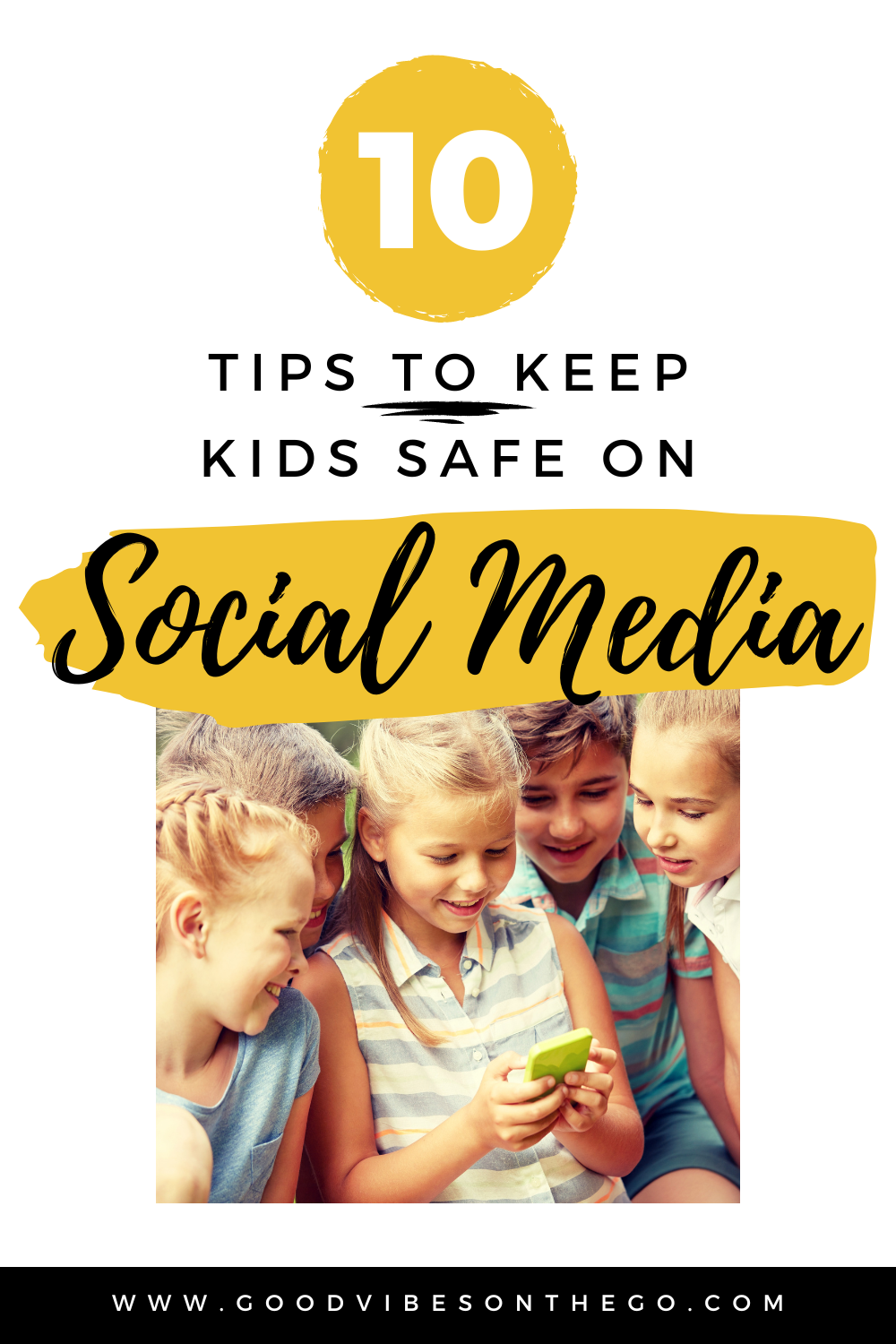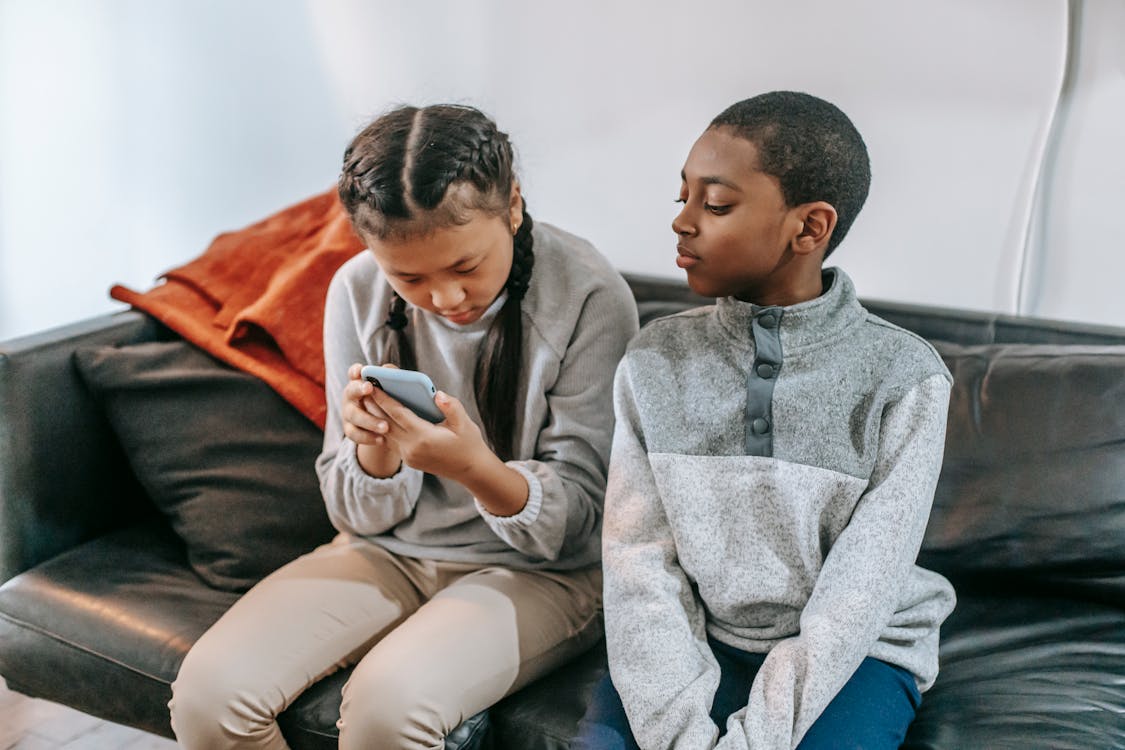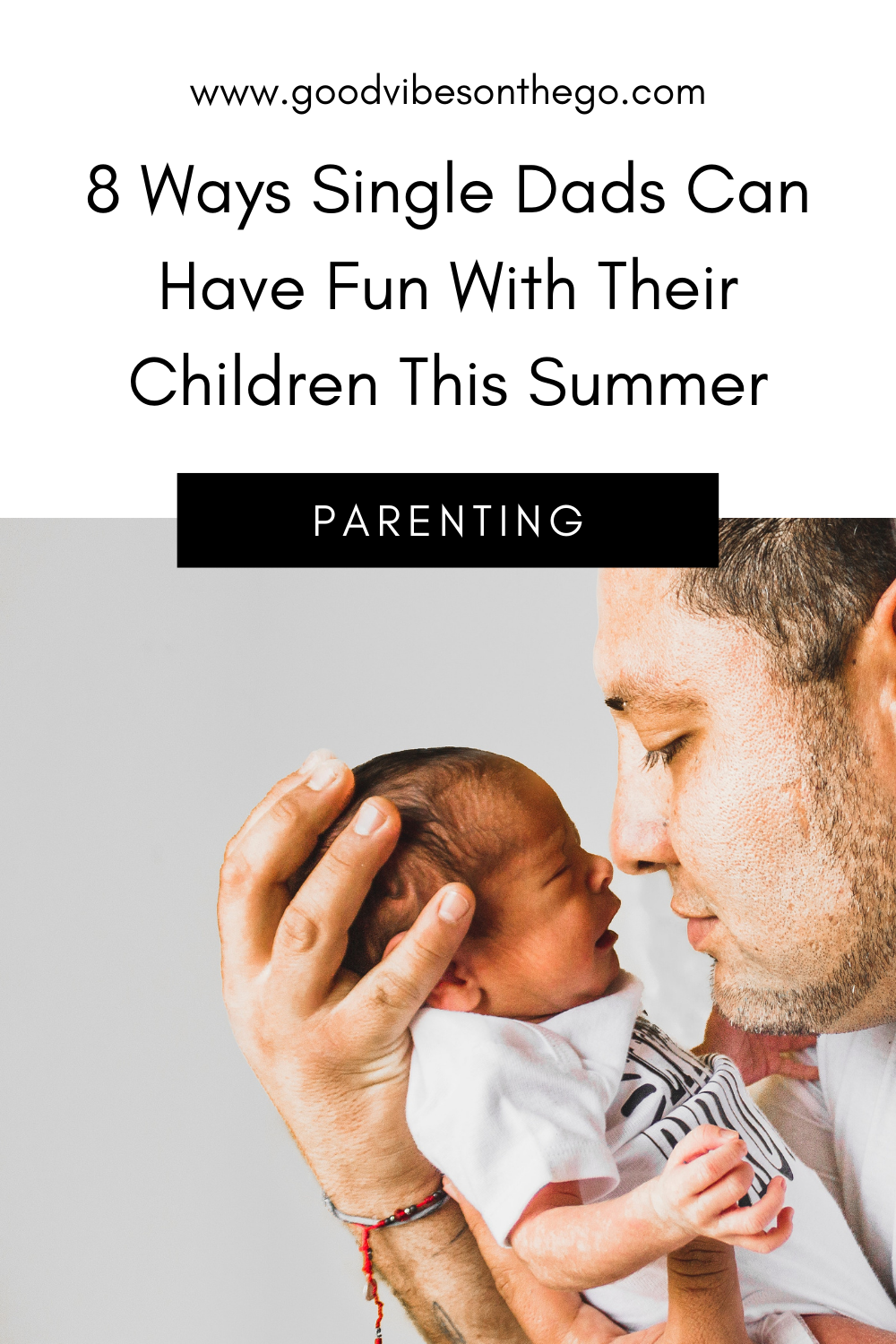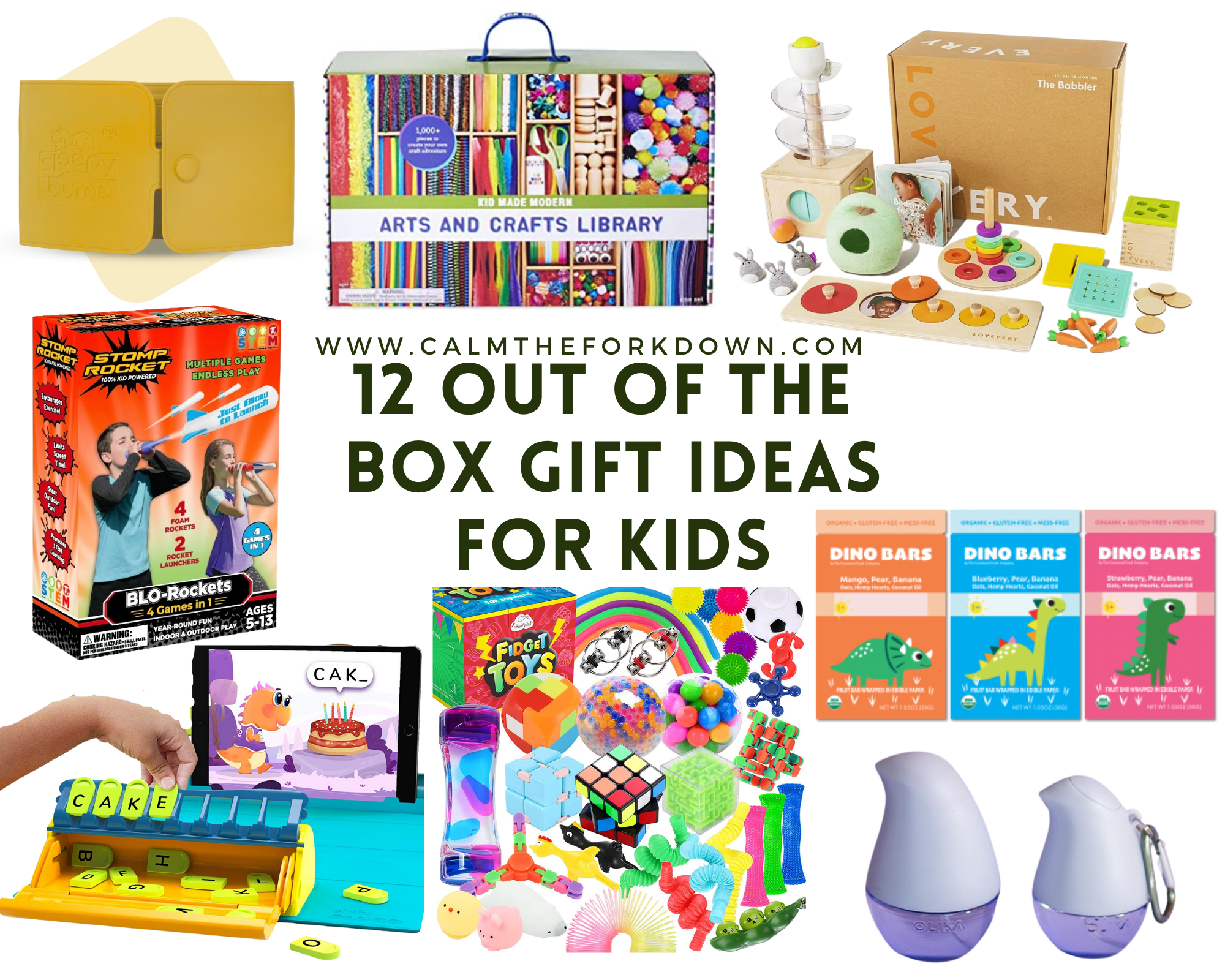
So, how can parents keep kids safe on Social Media these days? Kids are all over social media these days, and with that come potential consequences like cyberbullying, exposure to questionable material and increased screen time.
Social Media and Teens. Social media plays a big role in teen culture today. Surveys show that ninety percent of teens ages 13-17 have used social media. Seventy five percent report having at least one active social media profile, and 51% report visiting a social media site at least daily.

10 Tips to Keep Kids Safe on Social Media:
Keep it in Perspective
It can be tough for all of us when we compare ourselves to others. This is especially true for children and teens. At this critical and impressionable age, many young people feel devastated because they don’t feel that they measure up with others. Social media can magnify this feeling.
Not only are they seeing the wonderful things that people they know are doing, but also seeing kids the same age from around the entire world seemingly living thrilling lives of adventure. Make sure that you help put all of this into perspective. First, everyone is different and individual. You can only be yourself and being yourself is awesome! Second, what you are seeing online is usually not anything like real life.
You might be seeing one photo taken completely out of context with filters and maybe even photoshopped backgrounds. An online photo reveals nothing about how happy that person is or what problems they may have. Learn to regard social media as little more than a pleasant distraction, not the standard that everyone should live by.
Practice What You Preach
If you don’t want your kids to become overly involved with social media, start by setting a good example. Even if you are the last one to know, kids emulate their parents. If they see you on your phone for hours at a time or if you always need to keep your followers up to date on every action you take, don’t be surprised if your children want to follow in your footsteps.
Guardian at the Gate
Trust is important for families, but there are too many threats online to simply take your children’s word for it that everything is fine. Consider parental monitoring programs such as Net Nanny so you can see exactly what your children are up to online.
There will be dilemmas to face considering their right to privacy, but you would be wise to confirm that they are being careful. Children do not have enough life experience to always identify threats or to realize the consequences of their own actions. Help prevent problems by staying involved.
Never Too Early, Never Too Late to Talk to Them
Whether you feel that your child is too young to really be interested in social media and peer pressure, or if you think that they’ve been involved with it for so long that it’s too late to talk to them now, you should still have conversations with them about it on a regular basis. Help them recognize trouble and also be a source of reassurance about themselves and their self-esteem.
“Friends”
Talk to your children about the difference between real friends and online “friends.” Don’t let them become obsessed with having the biggest friends list or posting inappropriate content just to get more “likes.”
Also let them know that many of the people online might not even be real. Be on the lookout for catfish (people using fake pictures, names, etc.) and never trust anyone they don’t know (dm’s don’t count as “knowing” someone).

Personal Information
A child might not even think twice about giving out way too much personal information to a stranger, especially if they think the other person is someone their own age. Give your children very strict guidelines about what is and is not okay to share online and remind them that anything they do share could potentially be seen by the entire world and remain public information forever.
Not All Fun and Games
While many parents may already have Facebook and Twitter on their parental radar, don’t ignore online gaming. Players often communicate through messaging or voice chat through games. This platform holds just as many risks as any other.
Open Communication
Let your child know that you are always available to them if they need help or have questions. Encourage them to tell you about their activities and interests. If they feel like they can communicate openly with you without judgement, they are much more likely to tell you when something is wrong or if something happens.
Don’t Take It Personal, but Don’t Take It Lightly (bullying)
Online bullying is a pervasive problem for children. It has contributed to many serious issues in young people and even driven some to suicide. Always, always, always let your child know that they are such a great person, and that bullying is not acceptable. If the bully is another child from school, take the issue up with you child’s teacher or the principal.
Block any accounts that send bullying messages and even deactivate your child’s account until a solution can be found. Also let your child know that words can be very hurtful, but never let them take control of your life. Tell them that a bully is often very unhappy themselves and they try to make themselves feel better by making others feel worse.
Try not to let your child take mean messages personally, but also don’t take them lightly. If your child is affected by the bullying, perhaps a counselor will be able to help.
Be Proactive if You Notice any Red Flags
Even if you have conversations with your child on a regular basis and let them know that you are always there for them, sometimes children will still not seek help. Be proactive and alert. If you notice any changes in your child’s mood or behavior, especially if they suddenly lose interest in a favorite activity, have changes in appetite or become isolated, despondent, or upset, be sure to reach out to them and try to discover the cause.
Sometimes everybody needs a little space but dig a little deeper even if you get the standard “it’s fine” response. There might be some problem that is so overwhelming to your child that they don’t feel like they can or like they know how to communicate it to you.





Dana Rodriguez says
Great advice. Never had this issue when I was a kid.